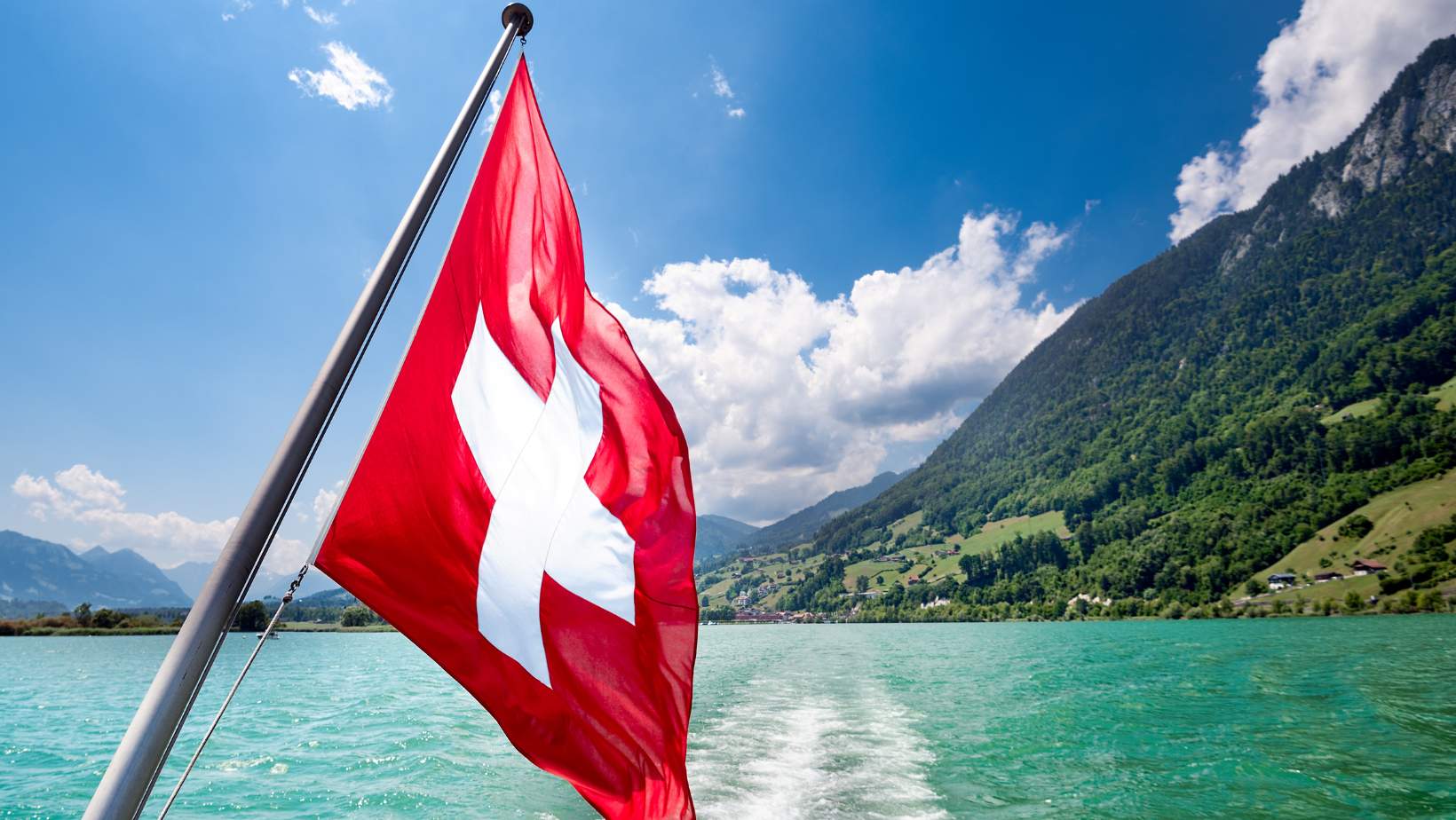Nestled in the heart of Europe, Switzerland celebrates its national identity each year on August 1st with Swiss National Day. This holiday commemorates the founding of the Swiss Confederacy and offers a vibrant display of patriotism, cultural pride, and community spirit across this alpine nation. From bustling cities to remote mountain villages, the day is marked by a tapestry of traditions that showcase the unique character of Switzerland and its people.
The Historical Significance of Swiss National Day
While Switzerland’s history stretches back centuries, Swiss National Day is a relatively modern observance. The date August 1st holds special significance as it marks the signing of the Federal Charter in 1291, which is considered the founding document of the Swiss Confederacy. This alliance between the three original cantons – Uri, Schwyz, and Unterwalden – laid the groundwork for what would eventually become modern Switzerland.
Interestingly, while the day has been celebrated since 1891, it only became an official national holiday in 1994 after a public vote. This democratic approach to establishing the holiday is quintessentially Swiss, reflecting the country’s strong tradition of direct democracy and civic participation.
Celebrating Swiss Heritage and Unity
Swiss National Day is a time for both reflection on the country’s past and celebration of its present. The festivities showcase the diversity of Swiss culture while emphasizing the unity that binds the nation’s various linguistic and cultural regions. Some key elements of the celebrations include:
- Bonfires: Communities across Switzerland light bonfires, often on hillsides, creating a spectacular nighttime display.
- Fireworks: Colorful pyrotechnic shows illuminate the skies over cities and towns.
- Paper Lantern Parades: Children often participate in parades carrying decorative paper lanterns.
- Flag Flying: The Swiss flag, with its distinctive white cross on a red background, is prominently displayed.
- Bell Ringing: At 8:00 PM, church bells ring out across the country in a synchronized show of national unity.
- Traditional Foods: Many Swiss enjoy barbecues or traditional foods like Cervelat (a type of sausage) or Älplermagronen (Alpine macaroni).
A Nation of Diversity and Precision
Switzerland’s National Day celebrations reflect the country’s unique position as a multilingual, multicultural nation known for its precision and quality. Some fascinating aspects of Swiss culture and society include:
- Linguistic Diversity: Switzerland has four national languages – German, French, Italian, and Romansh – with English widely spoken as well.
- Direct Democracy: The Swiss political system allows for frequent referendums, giving citizens a strong voice in governance.
- Neutrality: Switzerland is famous for its long-standing policy of armed neutrality in global conflicts.
- Innovation: Despite its small size, Switzerland is a leader in research, technology, and financial services.
- Natural Beauty: The country is renowned for its stunning Alpine landscapes, pristine lakes, and picturesque towns.
Modern Challenges and Celebrations
As Switzerland celebrates its national day in 2024, the country faces both opportunities and challenges in an increasingly interconnected world. Issues such as maintaining neutrality in a complex geopolitical landscape, addressing climate change in a country known for its natural beauty, and navigating relationships with the European Union are topics of ongoing national discussion.
Yet, Swiss National Day remains a moment for the country to come together, celebrating its unique identity and achievements. Whether in cosmopolitan Zürich, the capital city of Bern, or a small village in the Alps, the day is marked by a sense of pride in Swiss heritage and optimism for the future.
Participating in Swiss National Day
For those wishing to join in the Swiss National Day celebrations, whether as a resident or visitor, there are many ways to participate:
1. Attend Local Celebrations
Many towns and cities host public events, including speeches, music performances, and fireworks displays. Check local event listings for details.
2. Enjoy Traditional Swiss Cuisine
Sample Swiss specialties like raclette, fondue, or rösti. Many restaurants offer special menus for the occasion.
3. Explore Swiss Nature
Take advantage of the summer weather to hike in the Alps or enjoy one of Switzerland’s many beautiful lakes.
4. Visit Historical Sites
Explore locations significant to Swiss history, such as the Rütli Meadow, where the Federal Charter was allegedly signed.
5. Learn About Swiss Culture
Visit museums or cultural centers to deepen your understanding of Swiss history, art, and traditions.
Conclusion
Switzerland National Day is more than just a holiday; it’s a celebration of a unique national identity forged over centuries. It honors the Swiss commitment to democracy, diversity, and quality in all aspects of life. As the bonfires blaze and fireworks light up the Alpine sky on August 1st, Switzerland stands as a testament to how a small nation can make a big impact on the world stage.
Whether you’re yodeling in the Alps, savoring Swiss chocolate, or simply admiring the precision of a Swiss watch, take a moment on this day to appreciate the rich tapestry of culture and innovation that is Switzerland. Happy Swiss National Day!
